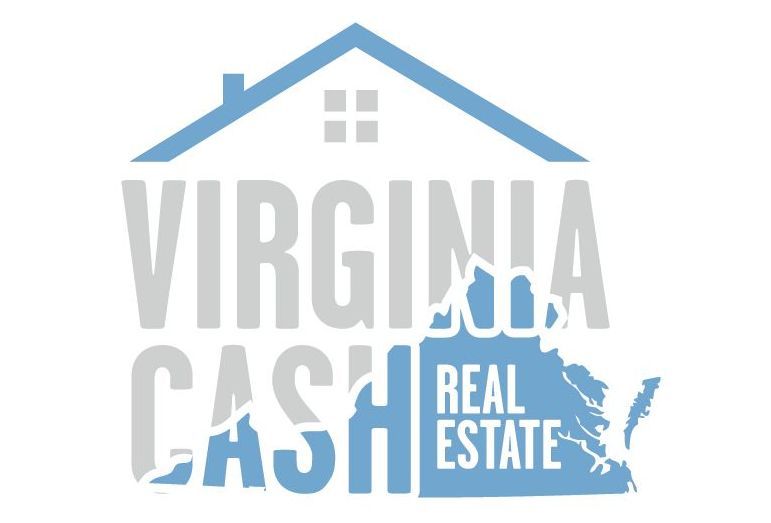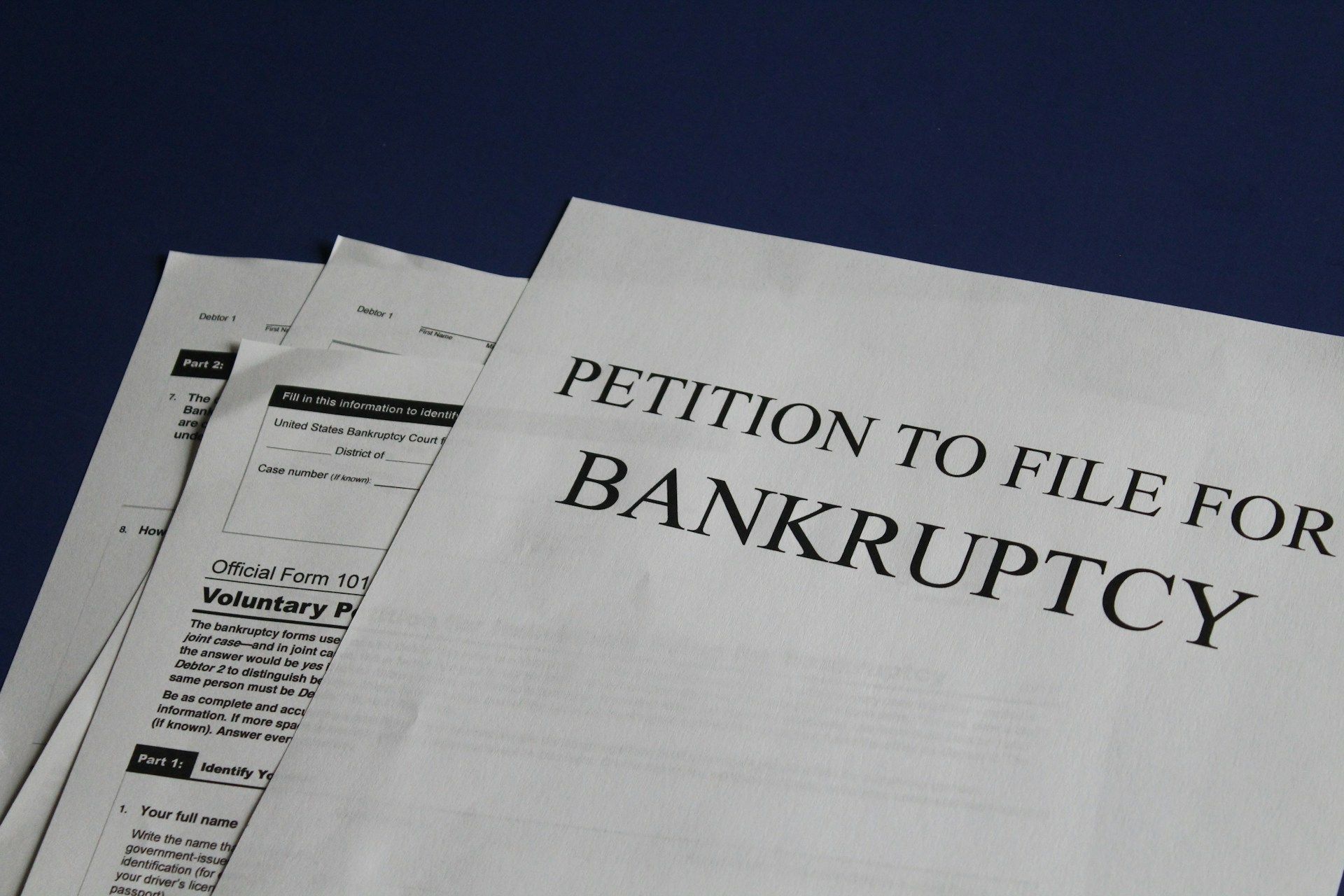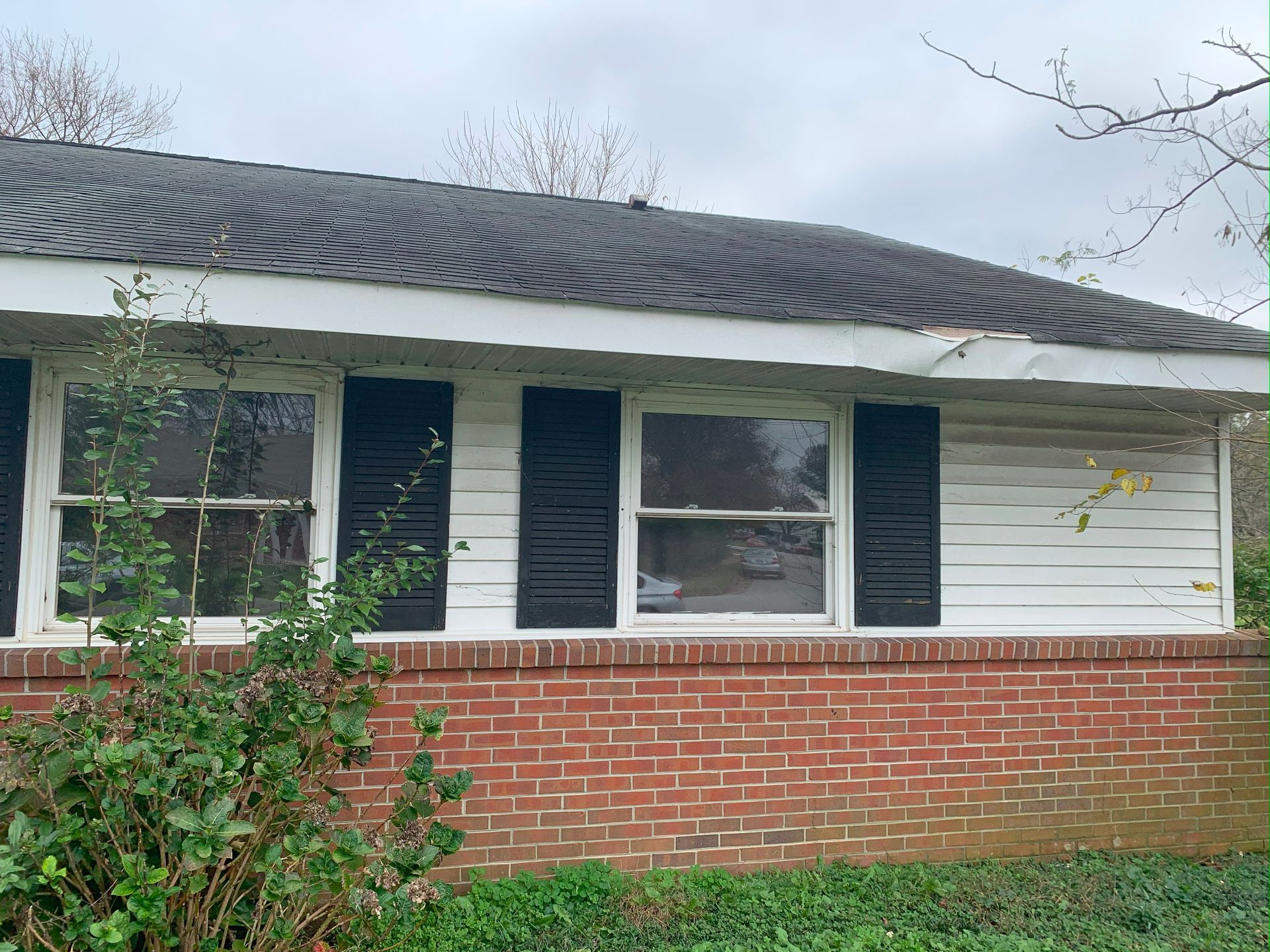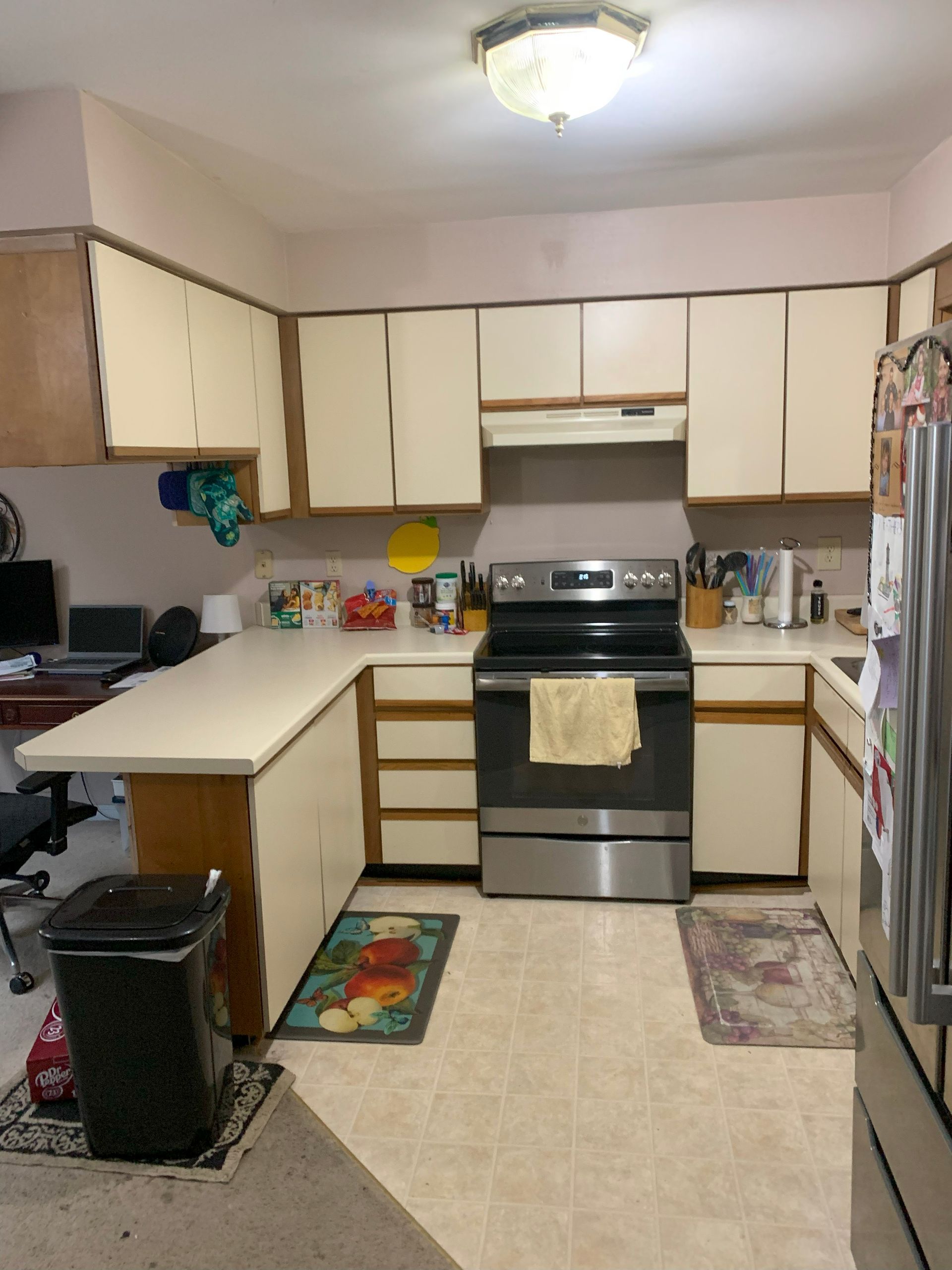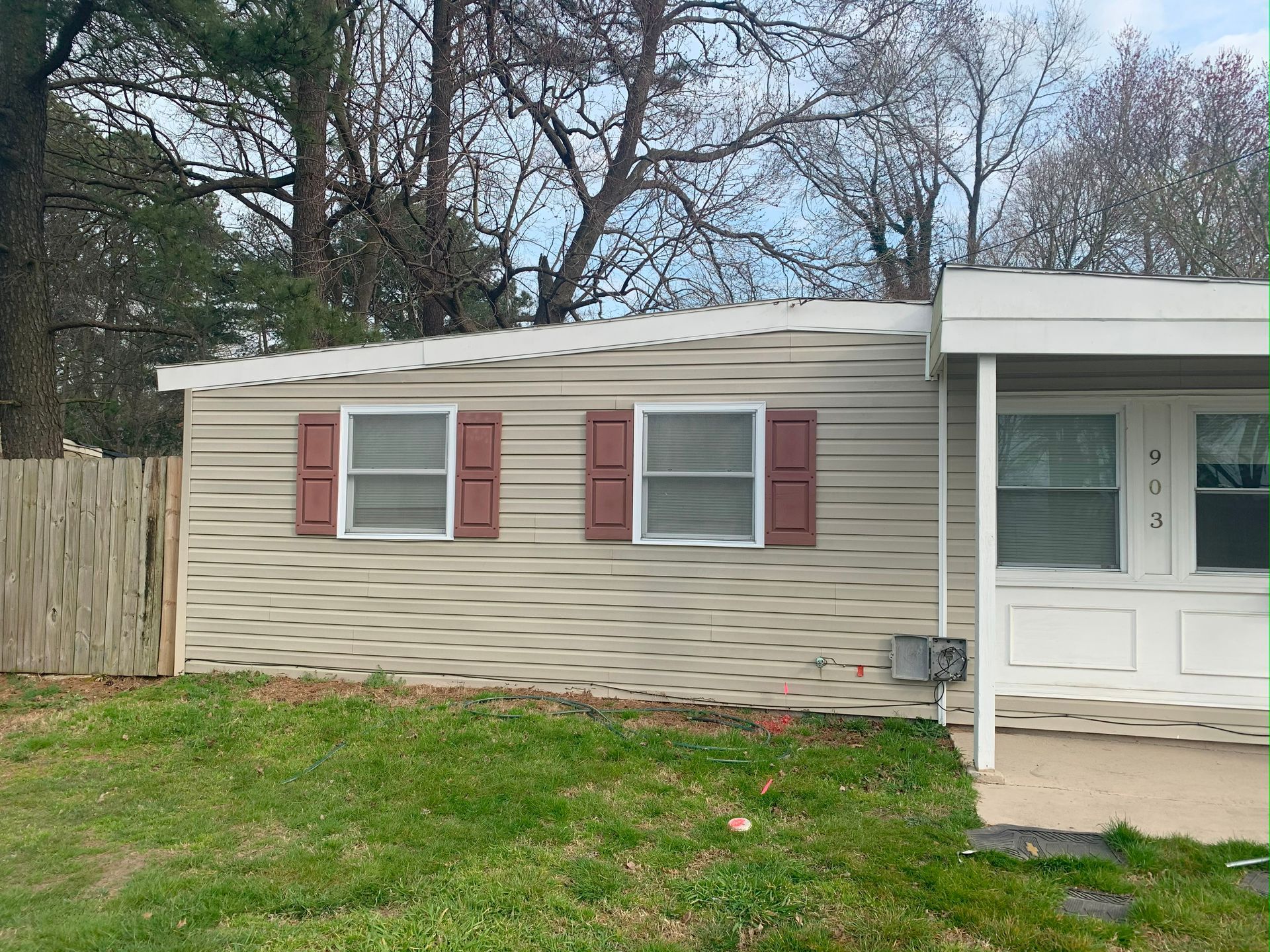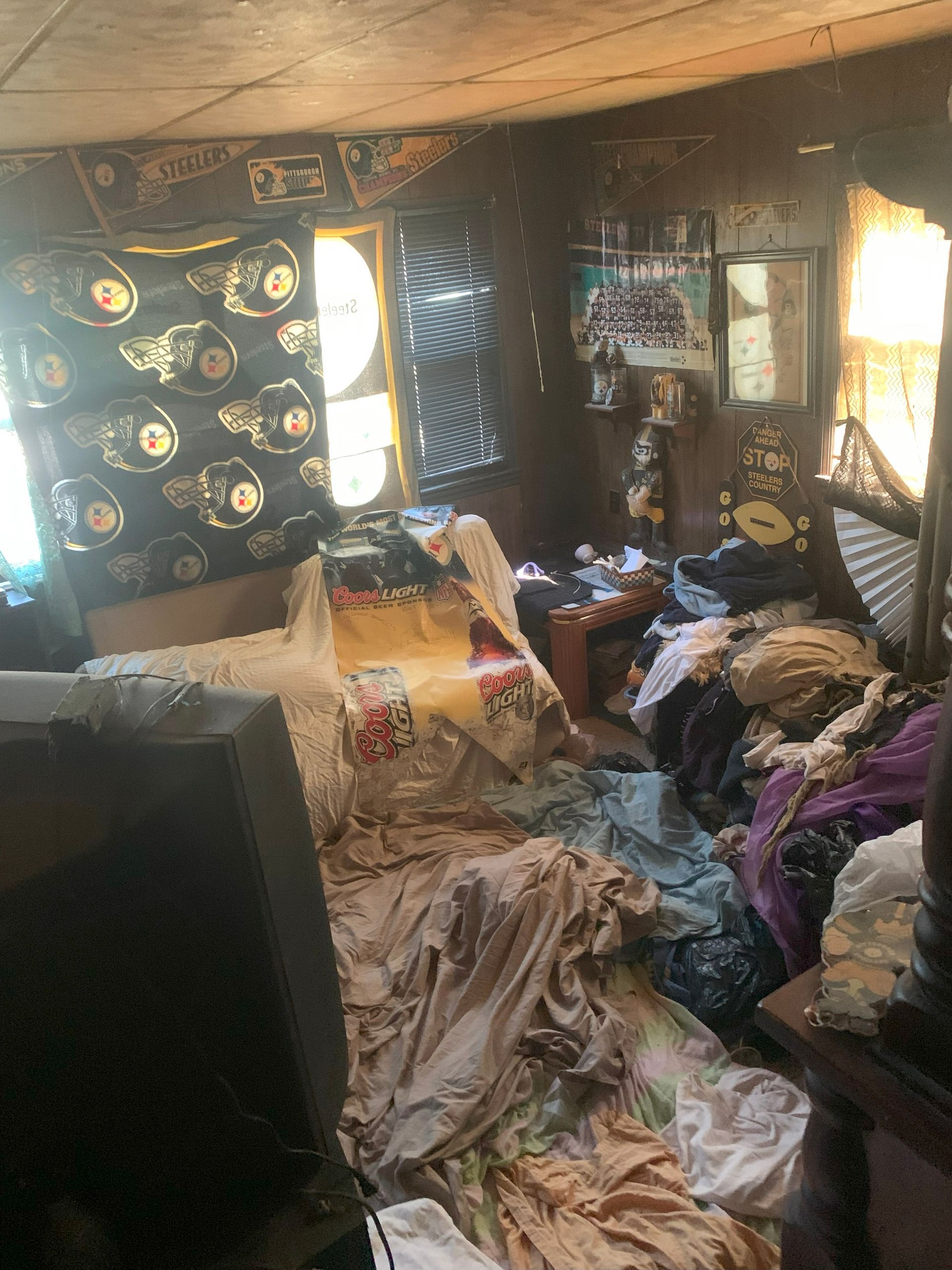Home Seller’s Guide: Types of Liens and How to Handle Them
Selling your home can be exciting, but encountering a lien can quickly turn that excitement into frustration and stress. Liens are legal tools used to protect the interests of creditors and other people who are owed money by property owners.
They’re commonly used by banks, lenders, contractors and courts to ensure that property owners pay valid debts, such as mortgage notes or property taxes.
When someone files a lien, they hold a legal claim against a piece of property. (1)

Imagine the frustration of finding a perfect buyer willing to pay your asking price only to have the sale fall through because of an undisclosed lien. This scenario is all too common for homeowners across the country.
You may not even know a lien exists until deep into the selling process. This revelation can bring the entire transaction to a grinding halt, creating stress and uncertainty about how to proceed.
Liens can arise from various sources. You might have unpaid property taxes, a lingering contractor’s bill, or even an outstanding judgment from a lawsuit.
Each type of lien has its own set of complications and requirements for resolution.

Dealing with these liens involves more than just paying off the debt. You must navigate the legal and administrative procedures to ensure the lien is adequately discharged and removed from your property’s title.
This process can be time-consuming and expensive, often requiring the assistance of an attorney or a title company. Meanwhile, your potential buyers may lose patience and move on to another property, leaving you to start the search for a new buyer from scratch.
Moreover, liens can complicate the negotiation process. Buyers aware of the lien might lowball their offers, knowing that you are in a tight spot.
The added pressure can lead to a lower sale price than your property's market value. This financial hit and the stress of resolving the lien can make the selling experience overwhelming.

Traditional buyers and the lenders backing them usually shy away from homes with unresolved liens. Lenders require clear titles before approving mortgages, and a lien clouds the title, indicating that legal claims or financial obligations must be settled.
This means that your pool of prospective buyers shrinks dramatically unless you clear the lien.
Clearing a lien isn't always straightforward. But there's a silver lining: cash home buyers. Unlike conventional buyers, cash home buyers are typically more willing to purchase homes with liens.
They have the resources and expertise to handle these legal and financial issues efficiently.
Understanding the types of liens and their implications is the first step. From there, exploring selling to a cash home buyer can give you the speed, expertise, and certainty you need to navigate this difficult situation.
Instead of letting a lien derail your home sale, leverage the benefits of working with cash buyers to turn a stressful process into a smooth transaction.
We buy houses Chesapeake and in the following sections of this guide, we’ll explore the different types of liens you might encounter, provide detailed steps to handle them, and explain how cash home buyers can be your best ally.
Types of Liens

Understanding the various types of liens that can be placed on your property is crucial when preparing to sell a home. In the following sections, we’ll delve into the various types of liens, explaining their implications and offering insights on effectively addressing them.
Property Tax Liens
The government imposes A property tax lien when you fail to pay your property taxes. This type of lien takes precedence over most other liens, meaning it must be satisfied before any other debts tied to your property can be resolved.
Property tax liens are serious because they can lead to the foreclosure of your home if left unpaid. This type of lien is public record, which means potential buyers or lenders will see it during a title search, often causing them to hesitate or back out of a transaction.
You must pay the total outstanding taxes to handle a property tax lien. Contact your local tax assessor’s office to determine the total amount owed, including any penalties and interest.
If you cannot pay the total upfront, inquire about setting up a payment plan. Some local governments offer installment plans that allow you to pay off the debt over time.
Once the debt is paid, ensure the lien is officially released by obtaining a lien release document from the tax office. This document should then be recorded with your local county recorder's office to clear the lien from your property’s title, allowing you to proceed with the sale or refinance.
Mechanic’s Liens

A mechanic’s lien, or a construction lien, is filed by contractors, subcontractors, or suppliers who performed work or supplied materials for your home but were not paid. This type of lien ensures that workers get paid for their labor and materials by giving them a legal claim against their property.
Mechanic’s liens can complicate your ability to sell or refinance your home, as potential buyers and lenders will be wary of unresolved debts tied to the property. These liens must be addressed before you can complete a property transaction.
To handle a mechanic’s lien, verify the claim's validity. Request a detailed invoice or statement from the contractor to confirm the amount owed and ensure it aligns with the work completed. If you agree with the claim, negotiate a payment plan or settlement amount with the contractor.
Once the debt is settled, ask the contractor to file a lien release or satisfaction of the lien document. This document needs to be recorded with the county recorder’s office to remove the lien from your property’s title officially.
If you dispute the lien, consider seeking legal advice to resolve the matter through mediation or court proceedings, ensuring the lien is removed and doesn’t hinder your property sale.
Judgment Liens

A judgment lien arises when a court grants a creditor the right to take possession of your property due to an unpaid debt from a lawsuit. This type of lien can stem from various situations, such as unpaid credit card debt, personal loans, or damages awarded in a civil lawsuit.
Judgment liens can be particularly problematic because they can remain on your property for several years, even if you’re actively trying to pay off the debt. This lien is attached to your property’s title, making it challenging to sell or refinance until the debt is resolved.
Review the court judgment to understand the amount owed and specific payment instructions for handling a judgment lien. Contact the creditor to reach an agreement or establish a payment plan.
Once the debt is paid in full or a settlement is reached, request a satisfactory judgment document from the creditor.
This document must be filed with the court and recorded with the county recorder’s office to remove the lien from your property’s title.
If you believe the judgment lien is incorrect or unjust, consult an attorney to explore options for appealing the court’s decision or negotiating a more favorable settlement.
HOA Liens

Homeowners Association (HOA) liens occur when you fail to pay your HOA dues or assessments. These liens can quickly become a significant issue, as they allow the HOA to claim a portion of your property’s value to cover the unpaid dues.
HOA liens can escalate to foreclosure if left unresolved, making it critical to address them promptly. The HOA has the legal right to place a lien on your property, which can deter potential buyers and complicate the sale process until the debt is cleared.
To handle an HOA lien, contact your HOA to obtain a detailed statement of the amount owed. Review the statement to ensure the charges are accurate and discuss any discrepancies with the HOA.
Once the amount is confirmed, arrange to pay the outstanding dues in full or negotiate a payment plan if you cannot pay the entire amount upfront.
After settling the debt, request a lien release or satisfaction document from the HOA. Ensure this document is recorded with the county recorder’s office to officially remove the lien from your property’s title, allowing you to proceed with the sale or refinance without further complications.
Benefits of Choosing to Sell a House with Liens to a Cash Home Buyer

Liens introduce numerous challenges. Fortunately, selling to a cash home buyer has distinct advantages that can alleviate these issues.
In the following sections, we'll explore how cash home buyers can simplify your sale, resolve lien-related problems efficiently, and provide a smoother path to closing.
Quick Transactions
Selling a house with liens through traditional methods can be a lengthy process. Liens complicate the transaction, requiring resolution before the sale can proceed.
This often involves negotiations, legal procedures, and significant time investment, leading to delays. Meanwhile, potential buyers may withdraw, leaving you with ongoing costs and stress.
Cash home buyers in Virginia Beach expedite the sale process, often closing in as little as a week. They handle lien-related complications directly, bypassing lengthy procedures.
This speed ensures you can resolve financial obligations quickly and move forward without prolonged stress. Cash transactions streamline the process, saving you time and hassle.
Immediate Buyer Interest

Homes with liens attract limited buyer interest due to the complexities involved. The potential legal and financial issues often deter traditional buyers.
The uncertainty around lien resolution can make the property less appealing. Consequently, finding a willing buyer can be challenging and time-consuming.
Cash home buyers in Virginia Beach Virginia specialize in purchasing properties with liens, providing immediate interest. They are experienced in handling the associated complexities, offering a straightforward solution.
By eliminating buyer hesitation, cash buyers ensure a swift and sure sale. This interest alleviates the difficulty of attracting traditional buyers.
Cost Efficiency

Resolving liens often entails high legal costs, adding to your financial burden. Hiring attorneys to navigate the legal intricacies can be expensive.
These costs and the lien amounts can significantly strain your finances. The prospect of incurring further debt to clear a lien can be daunting.
Cash home buyers often cover legal costs associated with lien resolution, easing your financial strain. Their expertise in handling such transactions reduces the need for expensive legal intervention.
This cost efficiency allows you to sell your home without incurring additional debt. Selling to a cash buyer minimizes your out-of-pocket expenses.
Foreclosure Prevention
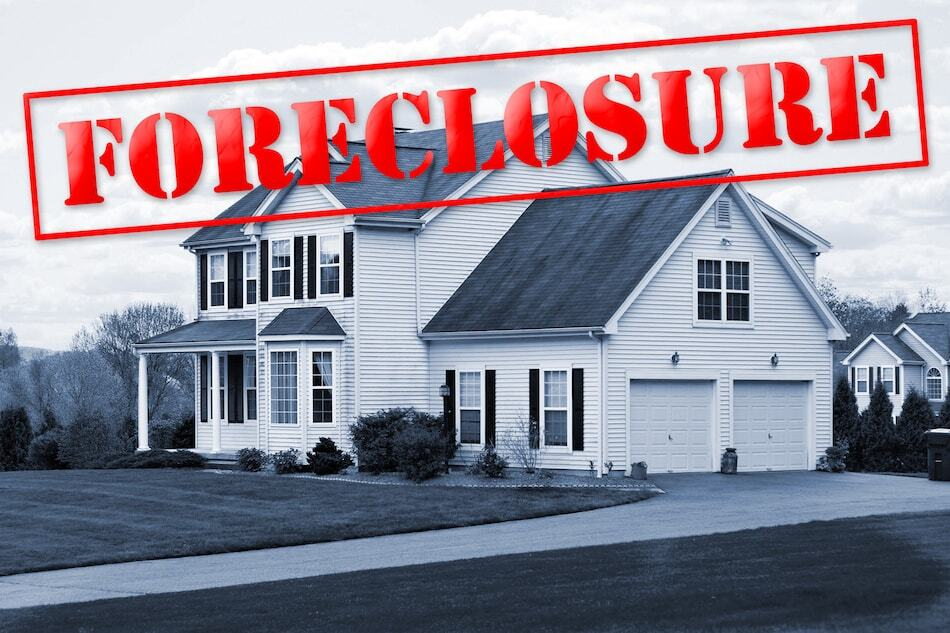
Liens can escalate to foreclosure if not addressed promptly, posing a significant risk to your homeownership. In addition to loss of property, foreclosure negatively affects your credit score. The process is stressful and can have long-term financial repercussions. Avoiding foreclosure becomes an urgent priority.
Cash home buyers can intervene quickly, providing funds to settle liens before foreclosure proceedings commence. Their rapid purchasing process ensures that debts are paid promptly, safeguarding your credit score and financial future. By selling to a cash buyer, you avert the severe consequences of foreclosure. This solution provides economic stability and peace of mind.
Fair Market Value Offers

Liens can reduce your home's market value, as potential buyers’ factor in the associated risks and costs. A lower market value means you might not get a fair price for your property.
This reduction can be frustrating, mainly if you rely on the sale proceeds to cover debts. Selling at a loss is a concerning prospect.
Cash home buyers often provide fair market value offers despite liens. Their valuation considers the property’s worth, not just the lien burden. This approach ensures you receive a reasonable price, maximizing your financial return.
Selling to a cash buyer helps you avoid the pitfalls of reduced market value.
Financial Relief

Resolving liens and selling your home traditionally can extend financial stress. Ongoing mortgage payments, maintenance costs, and lien settlements can drain your resources.
This prolonged financial burden impacts your quality of life and future planning. Resolving these issues quickly is essential.
Selling to a cash home buyer offers instant financial relief, alleviating prolonged stress. The quick sale process means you can settle debts and move forward with your life. This relief allows you to redirect your resources and focus on future financial planning.
Cash buyers offer a swift exit from financial difficulties.
Simplified Negotiations

Negotiating with lienholders can be complex and time-consuming. Each lienholder may have different requirements and settlement conditions. This complexity can delay the sale and add to your stress.
Handling multiple negotiations can be overwhelming without professional assistance.
Cash home buyers streamline negotiations by dealing directly with lienholders on your behalf. Their experience and resources enable them to negotiate favorable terms quickly.
This simplification reduces your involvement and stress, ensuring a smoother transaction. Selling to a cash buyer minimizes the complexities of dealing with lienholders.
Emotional Relief

The stress and uncertainty of selling a house with liens can take an emotional toll. Constant worry about legal issues, financial strain, and potential foreclosure impacts your well-being.
This emotional burden can affect your daily life and decision-making. Finding a quick resolution is crucial for mental health.
Selling to a cash home buyer offers emotional relief by providing a swift and sure solution. Their efficient process removes the uncertainty and stress associated with liens.
This resolution lets you regain peace of mind and focus on your future. Cash buyers provide a supportive and straightforward path to moving on.
Flexible Sale Terms
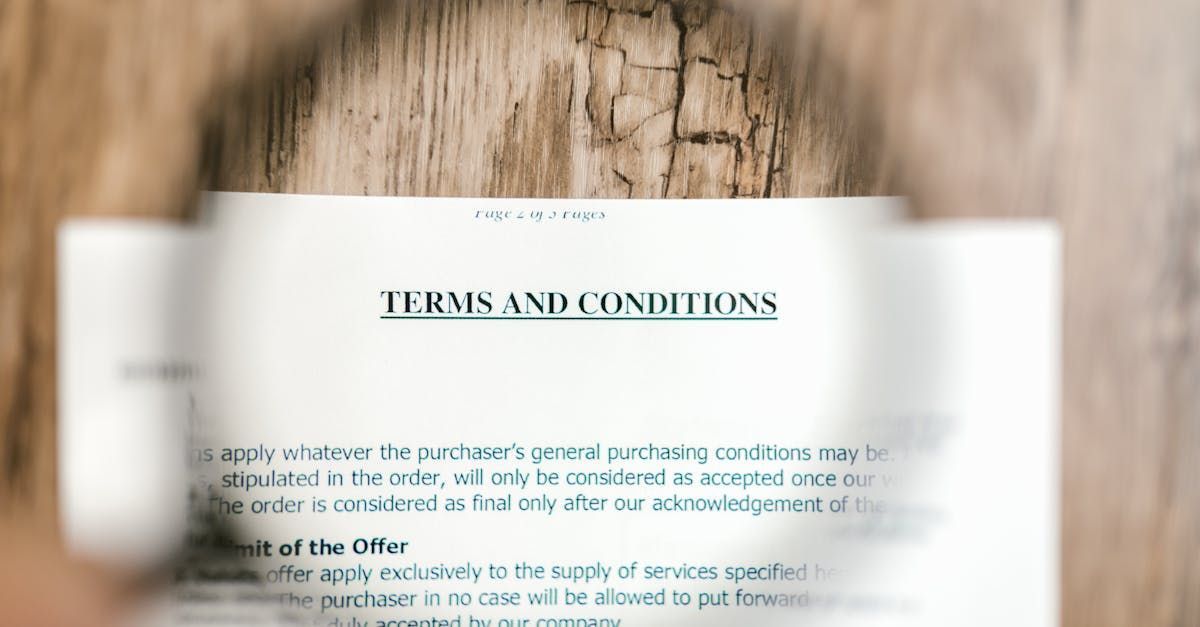
Traditional buyers often impose conditions that can be difficult to meet, especially with liens involved. These conditions may include repairs, inspections, and contingencies that complicate the sale.
Meeting these demands while resolving liens can be nearly impossible. The inflexibility of traditional sales can stall the process.
Cash home buyers purchase properties "as-is," without requiring repairs or contingencies. This flexibility simplifies the sale process, allowing you to sell your home without additional investments.
Their straightforward approach accommodates your situation, ensuring a smooth transaction. Selling to a cash buyer offers the flexibility needed to handle liens efficiently.
Credit Protection
Liens and unresolved debts can significantly impact your credit score, impacting your ability to secure future loans or financial stability. Poor credit can limit your options for refinancing or obtaining favorable interest rates.
The financial repercussions of liens extend beyond the immediate sale. Protecting your credit is essential.
Cash home buyers help protect your credit by resolving liens quickly and preventing further financial damage. Their prompt payment of debts ensures that liens do not escalate or negatively impact your credit score.
This protection allows you to maintain better financial health and future borrowing potential. Selling to a cash buyer safeguards your credit and economic future.
No Financing Contingencies
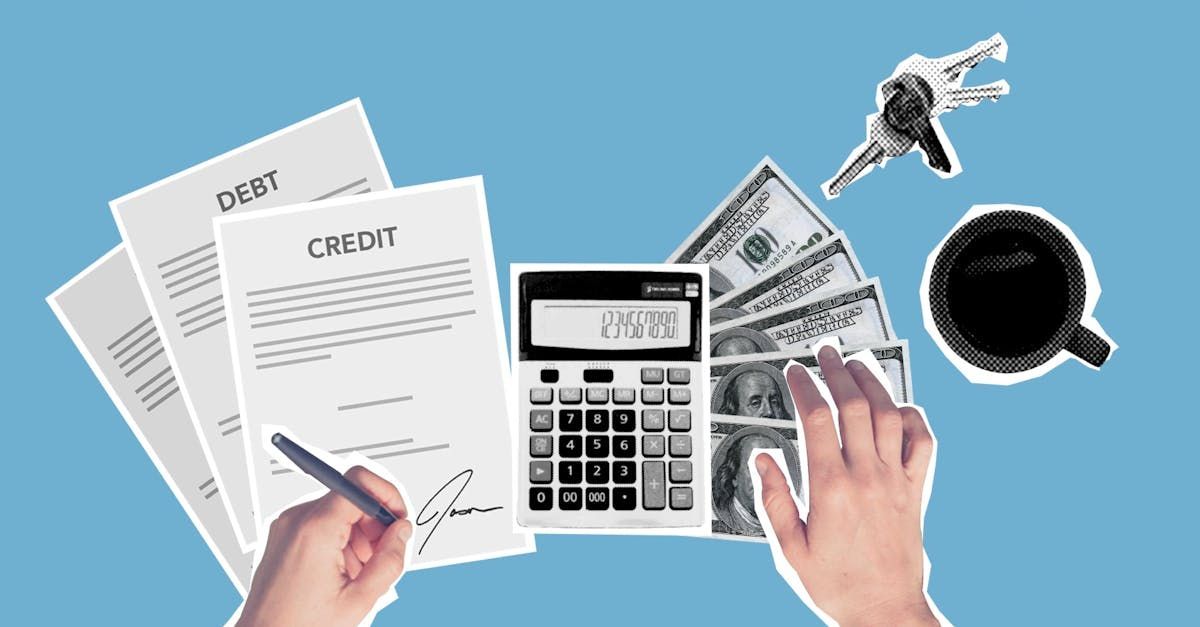
Potential buyers may struggle to secure traditional financing when selling a home with liens. Due to the associated risks, mortgage lenders are often reluctant to approve loans for properties with unresolved liens.
This financing difficulty can lead to a smaller pool of interested buyers and prolonged market time. As a result, selling your home becomes an arduous and uncertain process.
Cash home buyers do not rely on traditional financing, eliminating the need for mortgage approvals. They have the funds readily available to purchase your property outright, bypassing the complications of bank loans.
This immediate access to cash ensures faster and more certain transactions. Selling to a cash buyer removes financing barriers, expedites the sale, and provides you with the liquidity needed to settle liens and move forward.
